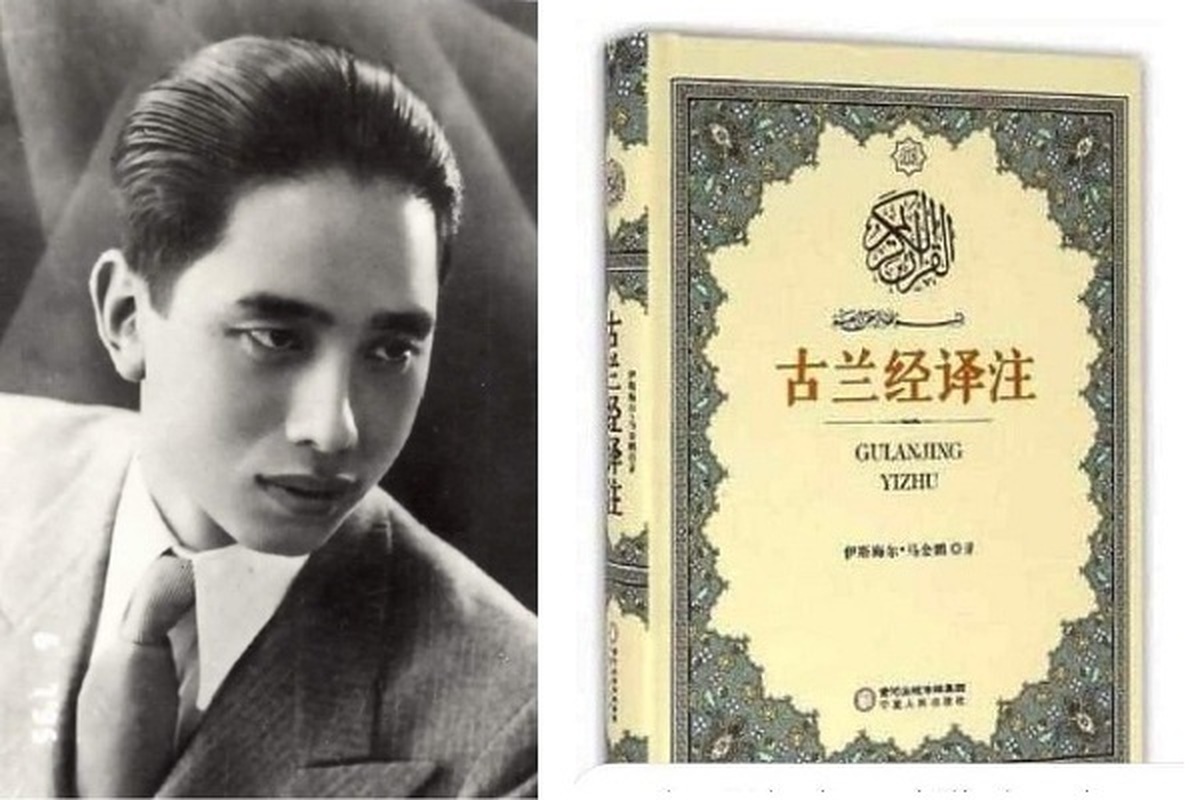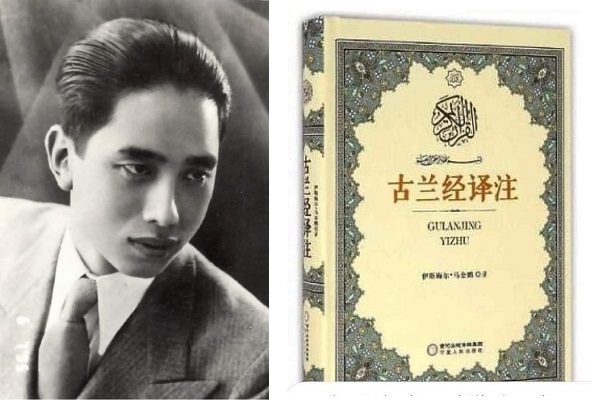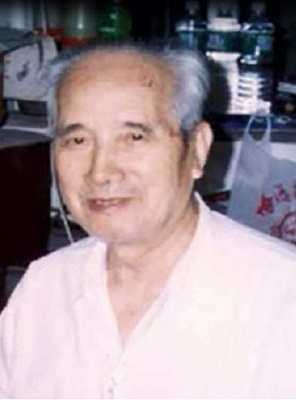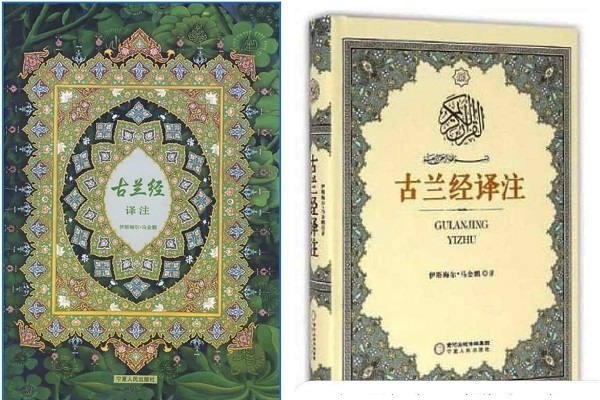An Arabic Teacher Who Translated Quran into Chinese


He was born in 1913 in a poor Muslim family in the city of Jinan in China’s eastern province of Shandong.
Ismail studied Islamic sciences at the Changda Islamic School and was sent by the school to Al-Azhar Islamic University in Egypt after graduation in 1932.
During his studies in Egypt, he would regularly attend Quran recitation sessions at the Al-Azhar Mosque.
He also recited the Quran and recorded his recitations on tapes.
He returned to China after graduation from Al-Azhar in 1932.
Back in China, he started teaching the Arabic languages at the Changda Islamic School and later in an Islamic institute in Beijing.
He also served as the editor-in-chief of the Nadhara al-Hilal Magazine that was published by the Changda Islamic School.
Ismail called for a reform of Arabic teaching in China and inclusion of reading Arabic newspapers for those studying the Arabic language.
In 1950, he was appointed as the prayer leader of the Fuyulu Mosque in Shanghai and served in the role for three years.
As well as leading congregational prayers, he would teach religious lessons and recite the Quran at the mosque.
From 1953 until his retirement in 1987, he taught Arabic at the faculty of oriental languages in the University of Beijing.

There, he trained a generation of prominent students in the field of Arabic language and culture.
He wrote a number of books, including an Arabic to Chinese dictionary, a book on the Seerah of the Holy Prophet (PBUH) and a translation of Ibn Battuta’s travel account.
Read More:
In his 80s, Ismail began reviewing the translations of the Quran in Chinese and famous books of Tafsir (Quran interpretation) in Arabic. He then started translating the Holy Quran into Chinese.

He completed the rendering but died at the age of 88 in 2005 before its publication.
His translation was published by the Nations Publishing House in Ningxia later that year and reprinted in 2016.
4249987



